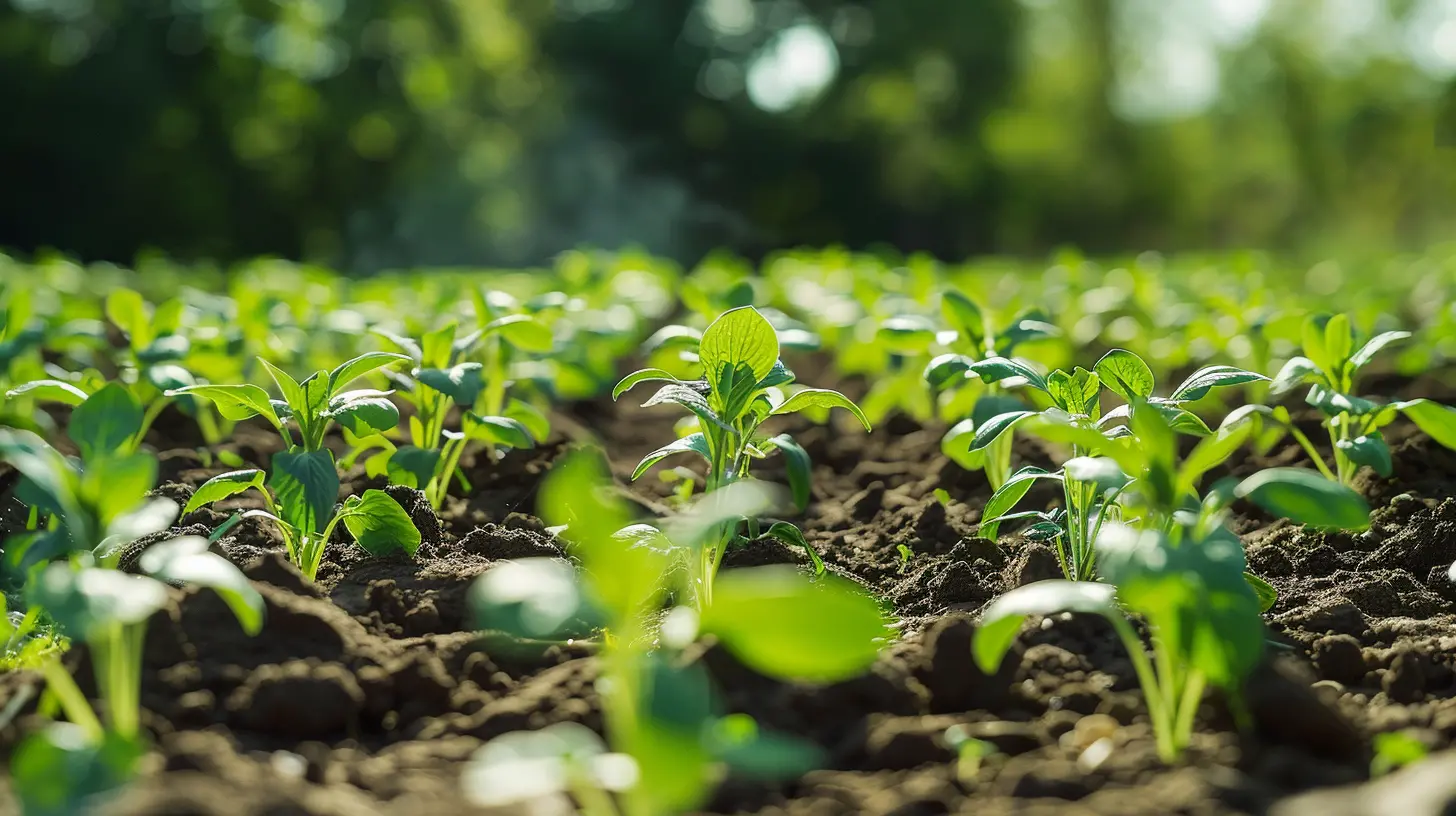Granular potassium sulfate (K2SO4) has gained traction in the agricultural sector due to its essential role in promoting crop growth and overall agricultural productivity. This article delves into the significance of granular potassium sulfate in enhancing the yield and quality of economic crops while also contributing to soil health.

Research indicates that the application of granular potassium sulfate significantly boosts the yield of various economic crops, including fruits, vegetables, and cereals. Potassium plays a pivotal role in photosynthesis, enzyme activation, and the synthesis of proteins, all of which are critical for crop yield.
Several field studies demonstrate the positive effects of granular potassium sulfate on crop yield. For instance, vegetable crops treated with K2SO4 showed an increase in yield by up to 20%. These results highlight the value of integrating granular potassium sulfate into fertilization strategies.

In addition to enhancing crop yield, granular potassium sulfate improves soil health. The potassium helps to maintain soil structure, enhance moisture retention, and promote microbial activity, which are vital for productive farming. Healthy soil translates to a sustainable agricultural ecosystem, benefiting both farmers and the environment.

The research emphasizes the importance of granular potassium sulfate in modern agriculture. As farmers seek sustainable methods to enhance crop production, K2SO4 presents a viable, effective solution. It not only increases crop yield but also fosters soil health, making it an essential component in the Fertilizer Management Toolkit.